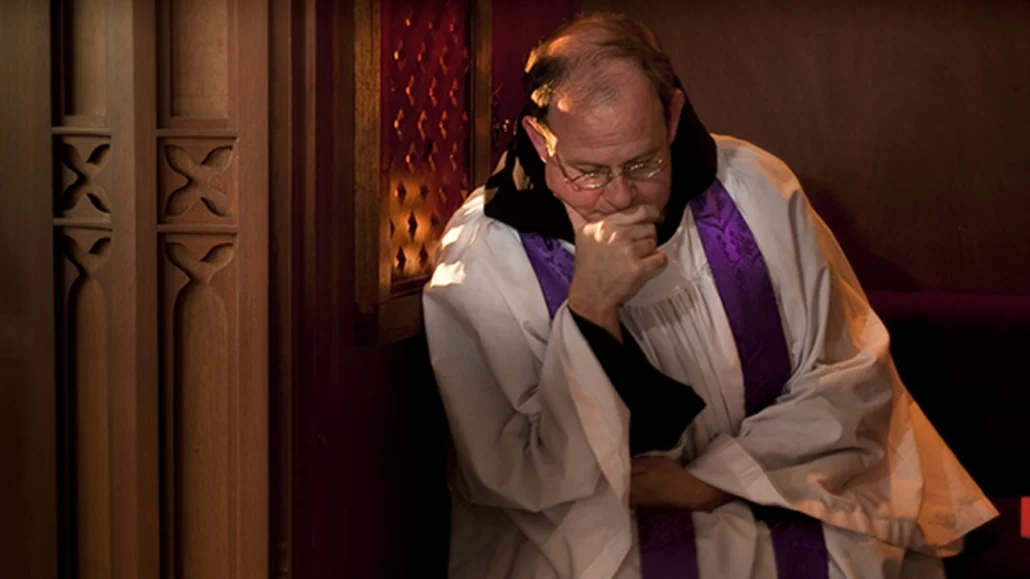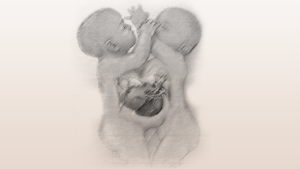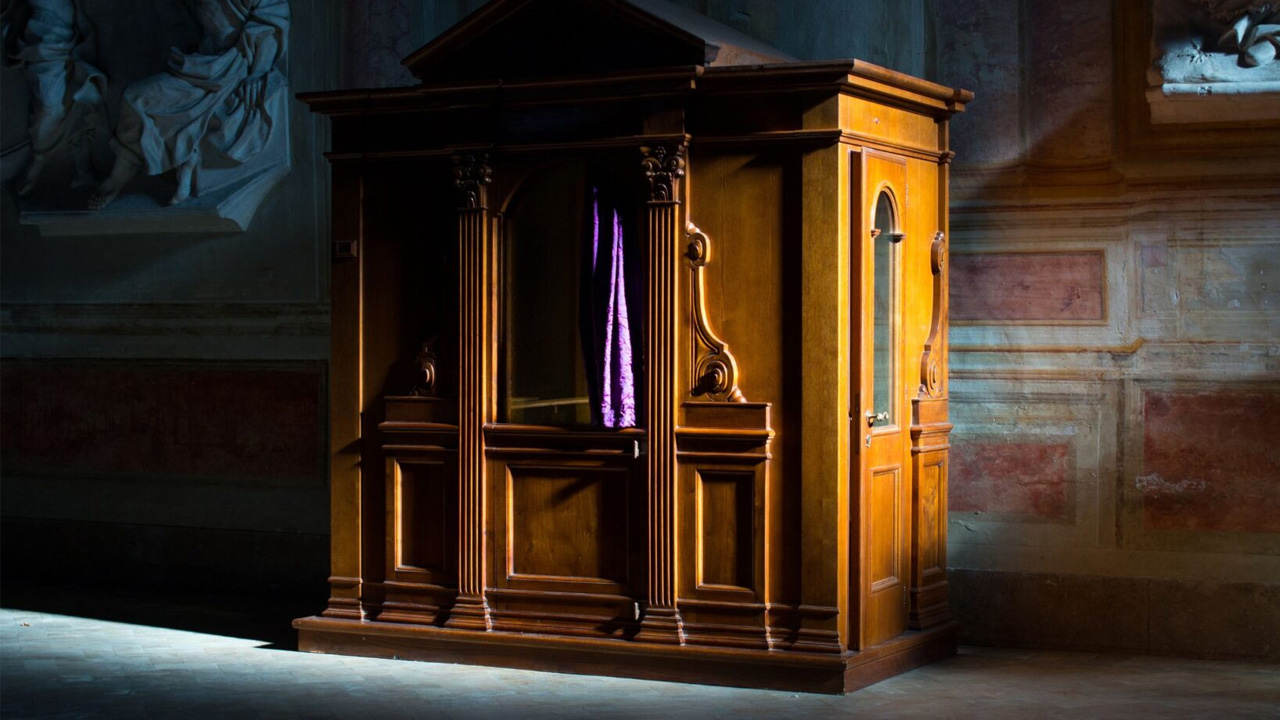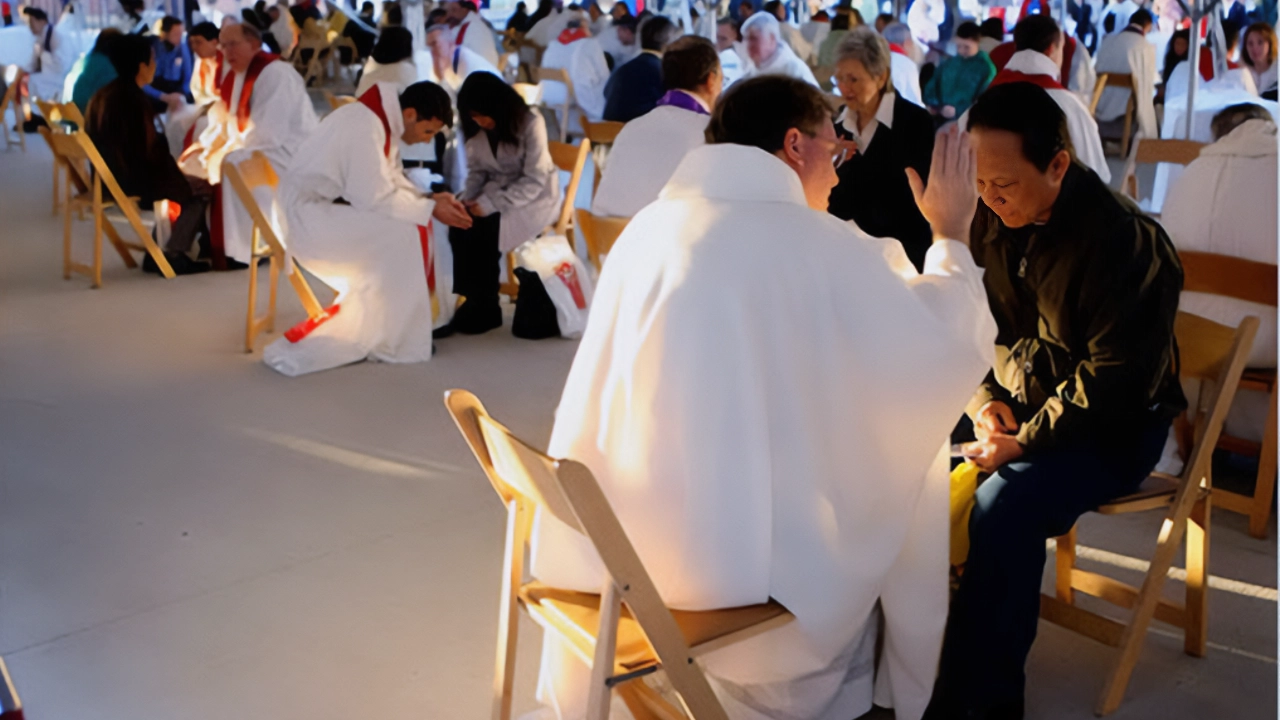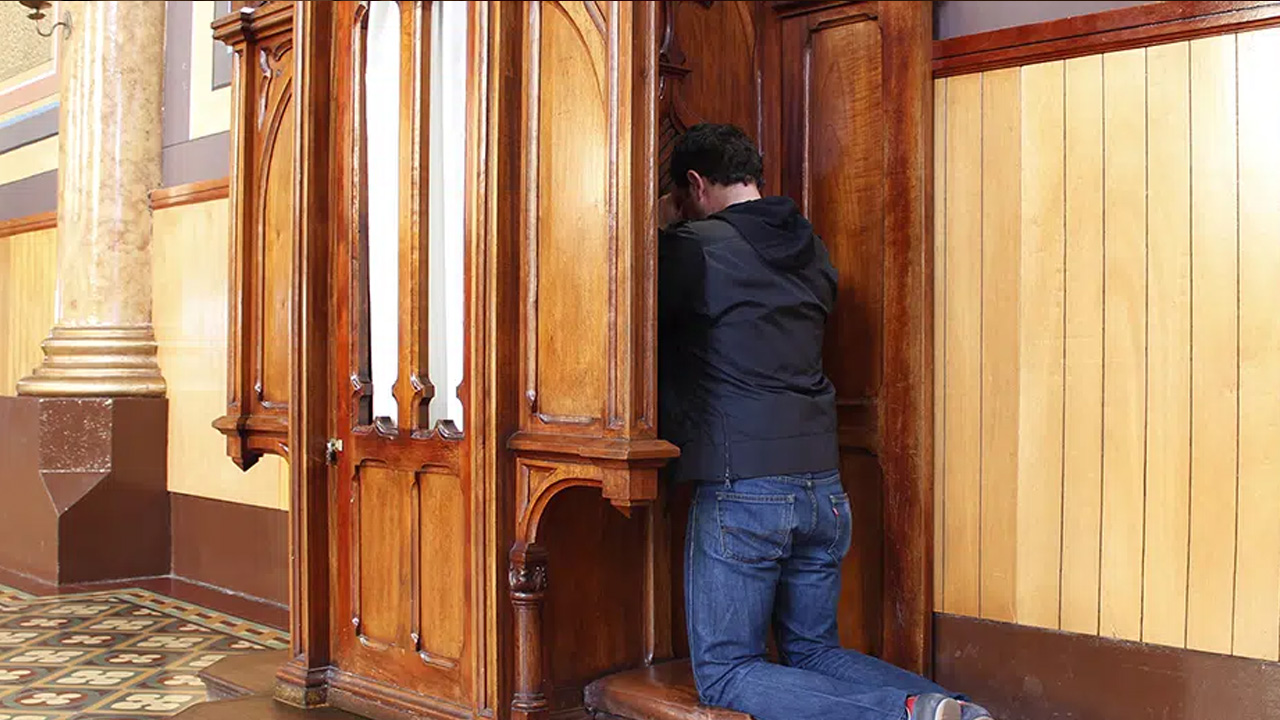What to do when we forget to say some sins in confession?
Question:
Dear Father:
My oldest daughter just received her first communion, after which (at the prompting of the pastor) the parents of the children went to confession to be able to receive communion together with them. I had stopped going to Mass, confession, and receiving communion since I got married (a period of about 10 years). Returning to the sacraments has filled me with happiness, but I have been left with a thorn in my side because in spite of having made examinations of conscience since we were told that we were going to confession, due to the amount of time that had passed between my last confession and this one, and little because of nerves, I forgot to say some grave sins (which in fact I remembered several days later). Did I commit another grave sin by receiving communion with these sins? How can I fix this? I hope I have not taken much of your valuable time and I thank you in advance for your attention.
Response:
First of all, you have not committed a sin by receiving communion since you did so thinking you had made a good confession; and in fact it was a good confession, although incomplete. Your confession was good because not confessing those sins was not deliberate. For the validity of a confession, as the Magisterium of the Church teaches us, it is required to confess all mortal sins that have not yet been directly forgiven or even not confessed, with specific number and species (i.e. with the circumstances that change the species – such as when one has sinned against chastity while married or with a married woman, one should say so because it is not a simple act of fornication but adultery)[1].In the case of having made some confessions wrongly in the past, one should also mention this sin (and the communions that one has received while in sin) and also the sins confessed in them, because since they were invalid there was no absolution of the sins confessed. Now, it must also be added to this rule that one must confess all his sins…the ones that he remembers after a diligent examination of conscience[PT1] . St. Thomas mentions the wise principle: “In confessione non exigitur ab homine plus quam possit», in confession a man is not bound to do more than he can[2].
It can occur, particularly in confessions after many years, that a penitent forgets, without intention of hiding it, some grave sin. In these cases, what should be done? It will depend on when that sin comes to mind:
(a) If the penitent is still in the confessional, even if the priest has already given absolution, he must immediately accuse himself of the new sin that has just come to his memory, and the confessor should give him absolution again (we are always speaking of a mortal sin).
(b) If one has already left the confessional, you can do one of two things: return to the confessor, if you can do it without drawing attention to yourself and tell him that you forgot a sin. You may also leave it until the next confession, being able to receive communion in the meantime, since the sin has been indirectly absolved (by inculpable forgetfulness); the only remaining obligation is to have a direct absolution fall upon it.
The latter is the case that is being addressed here. Therefore, it is enough to say in the next confession what happened and confess on that occasion the forgotten sin(s).
Fr. Miguel A. Fuentes, IVE
[1] Cf. Council of Trent, DS 1678, 1707-1708; St. John Paul II, Message to the Participants in the Course on the Internal Forum Organized by the Apostolic Penitentiary. al Cardenal Baum, penitenciario mayor, March 22,1996, in the L’Osservatore Romano, May 4, 1996, p. 4. https://www.vatican.va/content/john-paul-ii/it/letters/1996/documents/hf_jp-ii_let_19960322_penitenzieria.html.
[2] Summa Theologicaa, Supplement 9, 3 ad 2.
[PT1]Examination of conscience.
Original Post: Here

